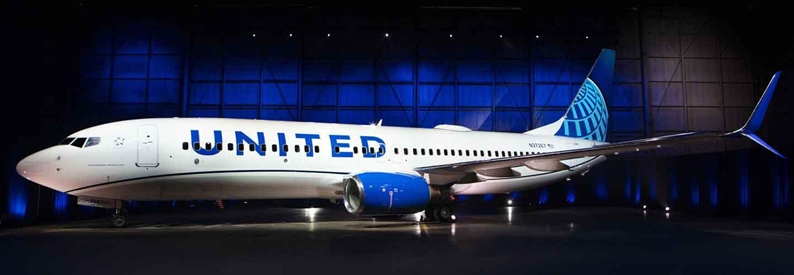US carriers warn of delays if 5G frequency deployed

The launch of 5G wireless communications frequencies in January 2022 could cause a wave of cancellations and delays due to interference with aircraft navigational equipment, United Airlines (UA, Chicago O’Hare) Chief Executive Scott Kirby told media after a Senate Commerce Committee hearing on December 15.
“It would be a catastrophic failure of government,” Kirby said of the plans by AT&T and Verizon, two mobile technology providers, to deploy the 5G wireless spectrum on January 5.
Kirby claimed the technology would interfere with aircraft radio altimeters, effectively forcing airlines to use less precise aids while landing at over 40 major airports. He added that this would lead to the cancellation of up to 4% of all flights in the United States. Trade association Airlines for America (A4A) echoed Kirby’s opinions, saying that the annual cost to passenger airlines in the country could reach USD1.6 billion, while cargo carriers would have to shoulder another USD400 million in additional costs.
“It is a certainty. This is not a debate,” Kirby added.
In a rebuke of Kirby’s authoritative tone, the Cellular Telecommunications Industry Association (CITA) said 5G frequencies had been deployed in nearly 40 countries around the world with no reported interference with aircraft systems.
“The aviation industry’s fear-mongering relies on completely discredited information and deliberate distortions of fact,” CITA said.
AT&T and Verizon have already delayed the launch of 5G frequencies once for six months due to concerns raised by the aviation industry.
A4A told ch-aviation in a statement that their concerns were specific to the United States due to a number of technological and regulatory differences in comparison to countries where 5G is already deployed.
“The frequencies allocated for 5G in other countries are generally farther away from the frequency band used by radio altimeters; the permitted power levels are typically significantly lower than those authorized in the US; and other countries often restrict telecom companies from installing 5G antennae in close proximity to airports and flightpaths. The US telecom providers are poised to activate new 5G services at higher power levels and on more critical radio frequencies than anywhere in the world without the necessary safety mitigations,” Managing Director (Industry Communications) Carter Yang said.
During the same hearing, Kirby also revealed that United Airlines had been forced to ground nearly 100 regional jets due to the persistent pilot shortage.
“There has been a looming pilot shortage for the last decade in the United States, and going through COVID, it became an actual pilot shortage. So all of us, particularly our regional partners, simply don’t have enough airplanes to fly. We have almost 100 regional airplanes effectively grounded right now because there’s not enough pilots to fly them,” Kirby said.
He did not go into details concerning the types of aircraft and regional operators most affected by the pilot shortage. The ch-aviation fleets advanced module shows United Express feeder services are carried out by Air Wisconsin, CommutAir, GoJet Airlines, Mesa Airlines, Republic Airways, and SkyWest Airlines and comprise a total of 582 various regional jets. In November, United’s wholly-owned United Aviate Academy entered into an agreement with Lufthansa Aviation Training (LAT) to lease twenty-five Cirrus SR22 to boost its training capacity.
